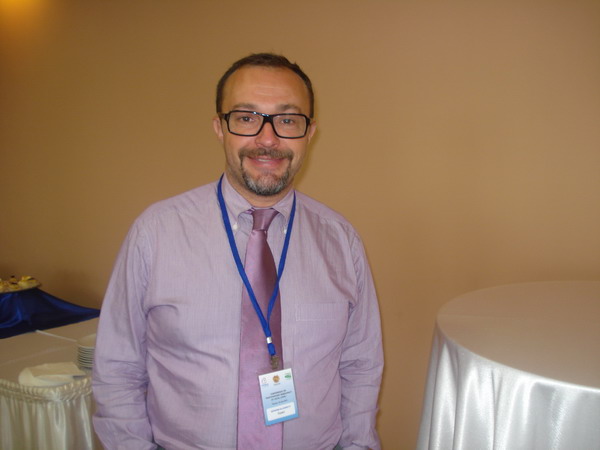“Unfortunately, involvement of youth in political parties and democratic processes are often fake. They just turn into a cherry on the cake, from which nothing is left at the end”, -answered EU expert, scientific worker of Social Research Center, professor of Columbia University Giovanni Alegretti to the question of Aravot.am as to whether the involvement of youth in political parties as a member is not an obstacle for youth to be involved in democratic process. At the same time, he emphasized the importance of youth participation in the political process and detailed: “For example, in Portugal, young people involved in youth wings demonstrate more innovatively than their older colleagues. As a rule, the parties that have a large number of young members are more progressive”. G. Alegretti highlighted the fact that the political figures should periodically participation in the training because they often come up very ignorant and look through their fingers at management functions attributed to them. He, referring to a study conducted in 1998 in France, said,-
“According to these data, young people who are involved in community management processes, in the future, they become better politicians. But, for example, in Sweden, where the situation is perfect in terms of democracy, the average age of political figures is increasing. Fewer young people are interested in politics because they get everything ready and they do not have to fight for democratic values”. The expert on youth participation and e-democracy Antonia Dixey representing the Great Britain said that her daily job is to involve the youth in community management processes. She said, – “Enrollment of youth in political parties is the most common method. But there are many ways in terms of increasing the involvement of youth. There are more creative mechanisms and instruments.
In fact, these methods should be used to tempt the youth to participate in community management processes. The most effective is organizing entertainment for the youth. For this purpose, we use social media, Facebook, twitter, many online services, games, competitions, creating a collaborative environment between schools. We conduct vox-pop (short queries), it also works effectively. Working with youth is more difficult than with representatives of older generation because youth get bored faster”. Speaking about the situation in Armenia, our interlocutor mentioned that Armenian does not differ from other European countries, because he had noticed that people in the management structures of our country, people involved in public administration and local government bodies highlight the community management and involvement of youth in this process. They listen to each other and respond to each other’s inquiries. Therefore, I believe that the processes of democratization in Armenia are ongoing.
Tatev HARUTYUNYAN






















































